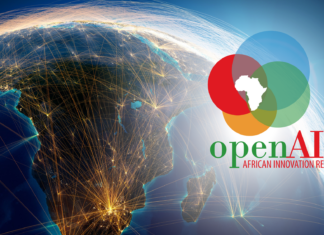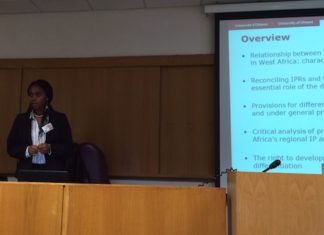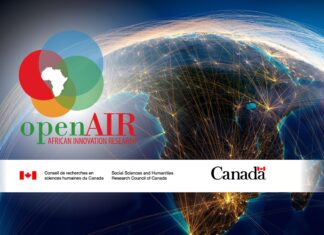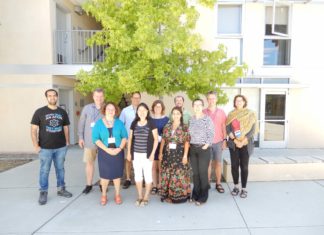Open AIR at TFi4SD Africa
By Erika Kraemer-Mbula
The 2018 Annual Economic Summit, was organised by the Global Economic Institute in partnership with the Government of the Canary Islands. It...
Recognizing Africa’s innovation revolution: Leaders driving inclusive innovation receive Impact award
Solutions to some of society’s most important challenges require the right regulatory environment to drive innovation. Examples include pioneering models for access to educational...
IP Implications for Food Security in Africa
Cross-posted from U of S Plant Phenotyping and Imaging Research Centre
By Uchenna Ugwu
Can you tell me a bit about yourself?
I am a PhD student...
Waiting for An Inclusive Pathogen Access And Benefit Sharing Policy
By Anthony Oguguo, QEScholar and PhD Student, Faculty of Law, University of Ottawa, Canada
The inadequacies of the global health law framework during the pandemic...
MENA Observatory on Responsible AI
Open AIR’s North African hub, The Access to Knowledge for Development Center (A2K4D) at the American University in Cairo’s Onsi Sawiris School of Business,...
Researchers from the Award-Winning Open AIR Network Land Second $2.5M SSHRC...
Researchers from the Open African Innovation Research (Open AIR) network have been awarded $2.5 million CAD through the Social Sciences and Humanities Research Council’s Partnership Grants program...
The Many Faces of Scholarly Communications
By Nagham El Houssamy
The FORCE11 Scholarly Communications Institute was held at the University of California San Diego from 31 July until 4 August 2017....
Le réseau Open AIR, phare de l’innovation inclusive en Afrique, est décoré...
C’est dans un contexte réglementaire favorable à l’innovation qu’on peut trouver les solutions aux problèmes sociaux les plus pressants. Mentionnons à titre d’exemples la...
Open AIR Case Study Nairobi Workshop
In the first week of April 2016, the Open African Innovation Research and Training (Open AIR) network held a three-day workshop at our Nairobi hub, Strathmore University. The workshop included the Open AIR team and was primarily organized to bring together all the successful case study researchers in order to review, refine, and brainstorm about their upcoming research. There was also significant activity on Twitter, which can be read about here. All the case studies that Open AIR is funding fall under at least one of our major research themes: high technology hubs, informal sector innovation, indigenous entrepreneurship, and metrics and policies.
2024 Global Health Security Conference Event
By Charlotte Galvani and Jeremy de Beer
Negotiations toward a new international treaty on pandemic preparedness and response have failed to reflect a rights-based consensus...












